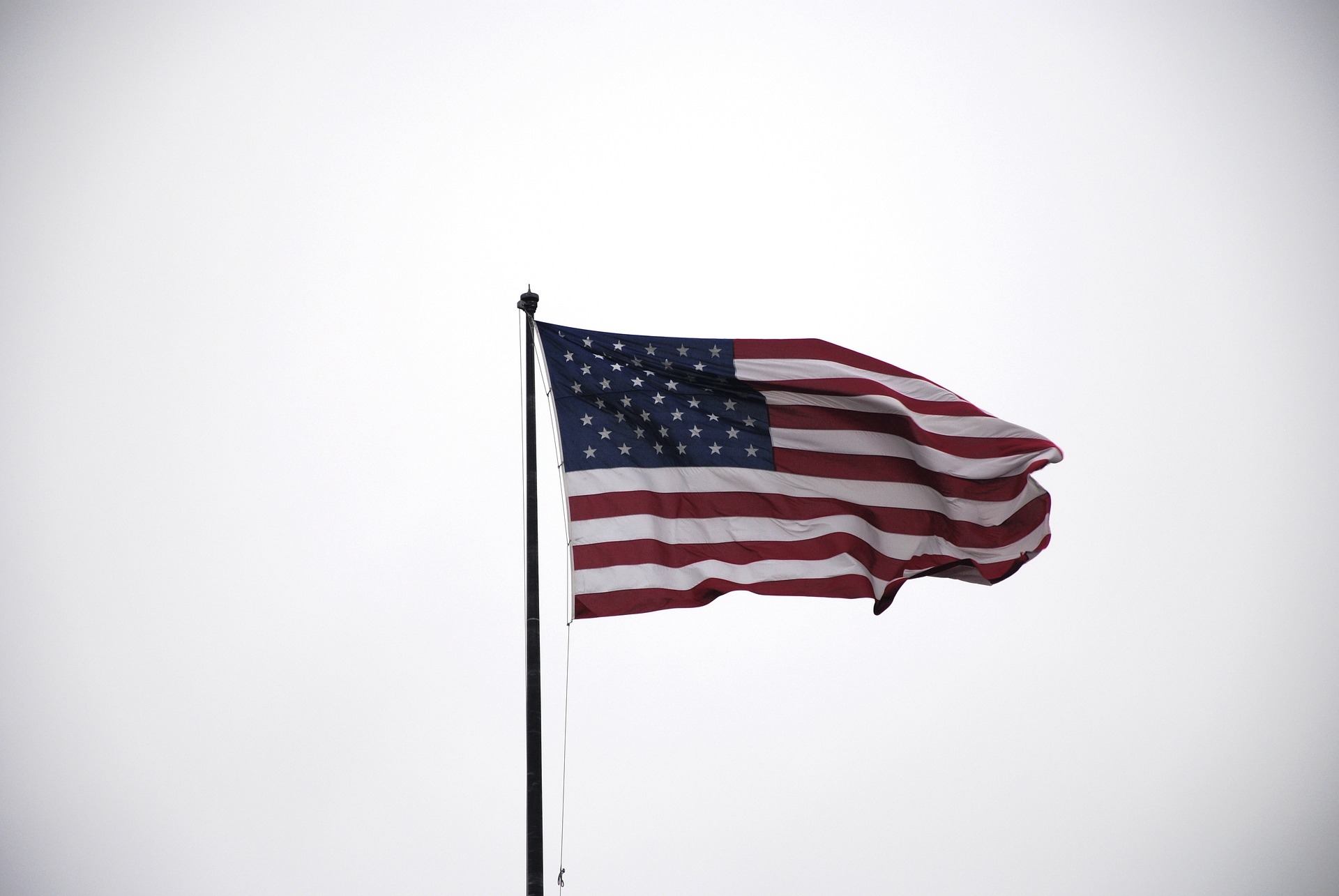U.S. to Designate Russia’s Wagner Group as “Transnational Criminal Organisation”

US will apply designation in the coming days, says national security council spokesman, imposing new sanctions on the group
The US will designate the Russian mercenary group Wagner as a “significant transnational criminal organization”, imposing further sanctions on the military contractor which has been aiding Moscow in its invasion of Ukraine.
The White House national security council spokesman, John Kirby, announced on Friday that the treasury will apply the new designation in the coming days, putting it in the same category as Italian mafia groups and Japanese and Russian organized crime.
The designation will allow the wider application of sanctions on the group’s sprawling global network, which includes mercenary operations as well as businesses in Africa and elsewhere.
Wagner “is a criminal organization that is committing widespread atrocities and human rights abuses,” Kirby said.
“We will work relentlessly to identify, disrupt, expose and target those who are assisting Wagner,” he said.
The White House also released images of Russia taking delivery of an arms shipment from North Korea that it said was intended to help bolster Wagner forces as they fight side-by-side with Russian troops in Ukraine. The Biden administration first accused North Korea of providing arms to Russia.
“These actions recognize the transcontinental threat that Wagner poses, including through its ongoing pattern of serious criminal activity with these actions, and there’ll be more to come,” Kirby said.
The US government on Friday also released an image dated 18 November that it said showed Russian rail cars traveling between Russia and North Korea. Kirby said the information was shared with UN security DPRK sanctions committee panel of experts.
“The arms transfers from are in direct violation of United Nations security council resolution,” Kirby said.
The White House has increasingly expressed alarm about Wagner’s growing involvement in the war as it has been particularly active in the intense fighting in Bakhmut in eastern Ukraine. The White House has said that in certain instances Russian military officials have even been “subordinate to Wagner’s command”.
Kirby said the US now assesses that Wagner has about 50,000 personnel fighting in Ukraine, including 10,000 contractors and 40,000 convicts that the company has recruited from prisons.
The US assesses that Wagner, owned by Putin ally Yevgeny Prigozhin, is spending about $100m a month in the war. Prigozhin has also publicly taken credit for some of Russian’s recent advances in eastern Ukraine.
“We are seeing indications, including in intelligence, that tensions between Wagner and the Russian defense ministry are increasing,” Kirby added. “Wagner is becoming a rival power center to the Russian military and other Russian ministries. Publicly, Prigozhin and his fighters have criticized Russian generals and defense officials for their performance in Ukraine.”
Wagner Group mercenaries have also been accused by western countries and UN experts of numerous human rights abuses throughout Africa, including in the Central African Republic, Libya and Mali. Last month, the secretary of state, Antony Blinken, announced he had designated the Wagner Group as an “entity of particular concern” for its activities in the Central African Republic.
Wagner has faced US sanctions since 2017. The commerce department last month unveiled new export restrictions targeting Wagner in an effort to further restrict its access to technology and supplies.
The war in Ukraine has changed the world, and the Guardian has covered every minute of it. Our people on the ground have endured personal risk and hardship to produce more than 5,000 articles, films and podcasts since the invasion. Our liveblog has reported continuously and comprehensively since the outbreak of Europe’s biggest war since 1945.
We know it’s crucial that we stay till the end. Will you join us? There is no substitute for being there – and we’ll stay on the ground, as we did during the 1917 Russian Revolution, the Ukrainian famine of the 1930s, the collapse of the Soviet Union in 1991 and the first Russo-Ukrainian conflict in 2014. We have an illustrious, 200-year history of reporting throughout Europe in times of upheaval, peace and everything in between. We won’t let up now. Will you invest in the Guardian this year?
Tens of millions have placed their trust in the Guardian’s fearless journalism since we started publishing 200 years ago, turning to us in moments of crisis, uncertainty, solidarity and hope. We’d like to invite you to join more than 1.5 million supporters from 180 countries who now power us financially – keeping us open to all, and fiercely independent.
Unlike many others, the Guardian has no shareholders and no billionaire owner. Just the determination and passion to deliver high-impact global reporting, always free from commercial or political influence. Reporting like this is vital to establish the facts: who is lying and who is telling the truth.
And we provide all this for free, for everyone to read. We do this because we believe in information equality. Greater numbers of people can keep track of the events shaping our world, understand their impact on people and communities, and become inspired to take meaningful action. Millions can benefit from open access to quality, truthful news, regardless of their ability to pay for it.
Article Credit: https://www.theguardian.com/us-news/2023/jan/20/us-russia-wagner-group-transnational-criminal-organization
